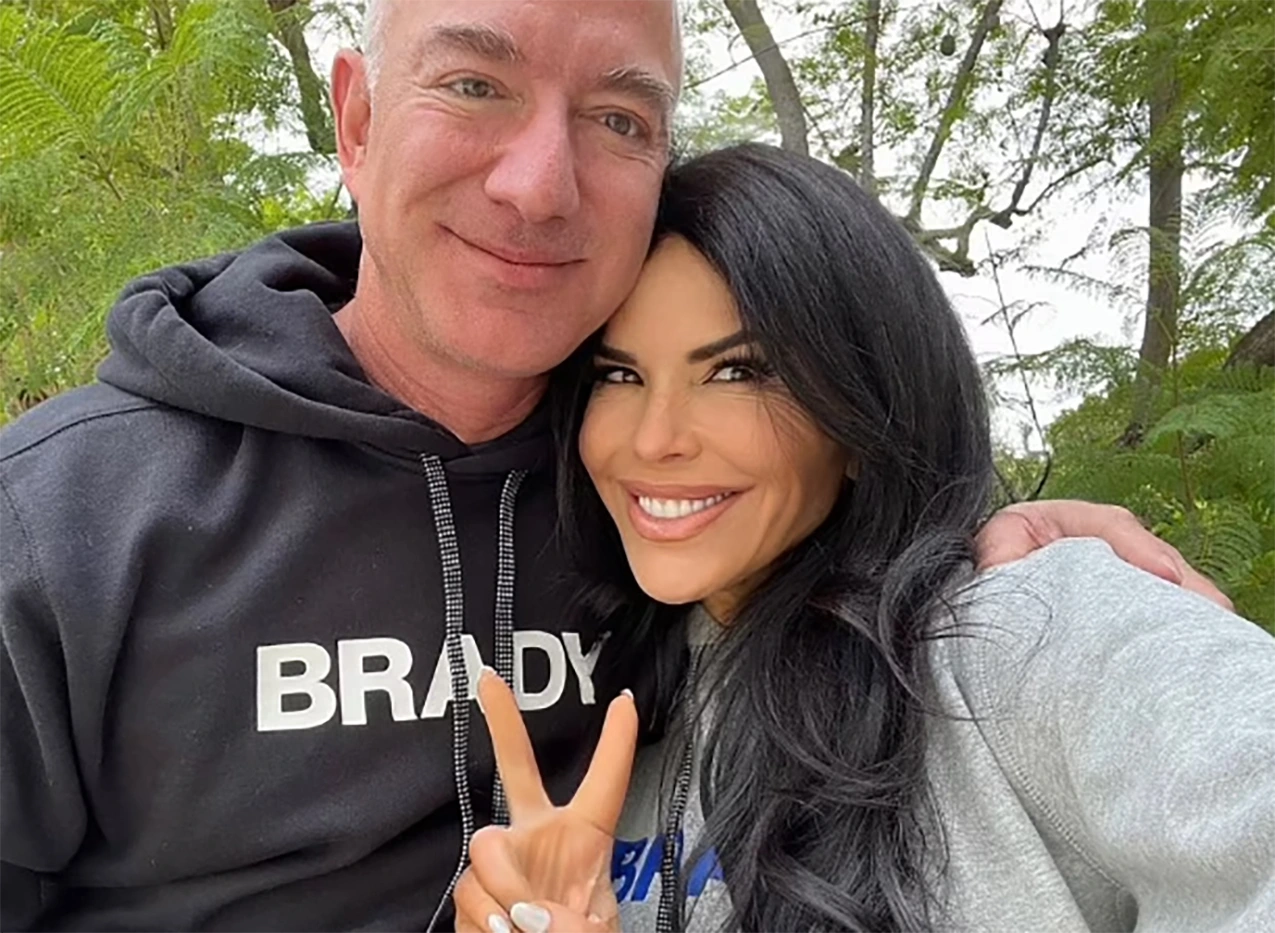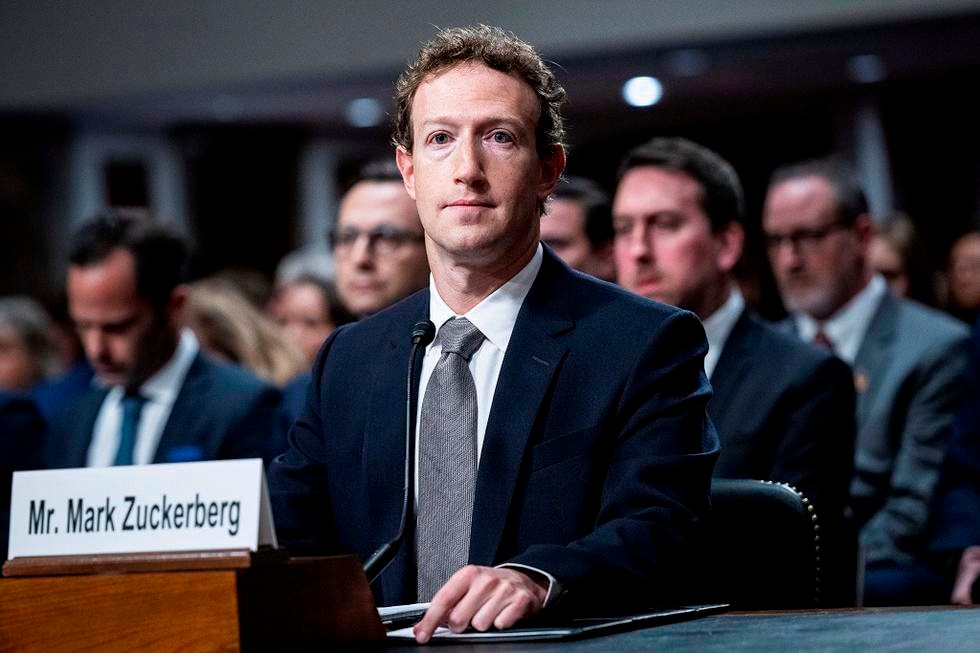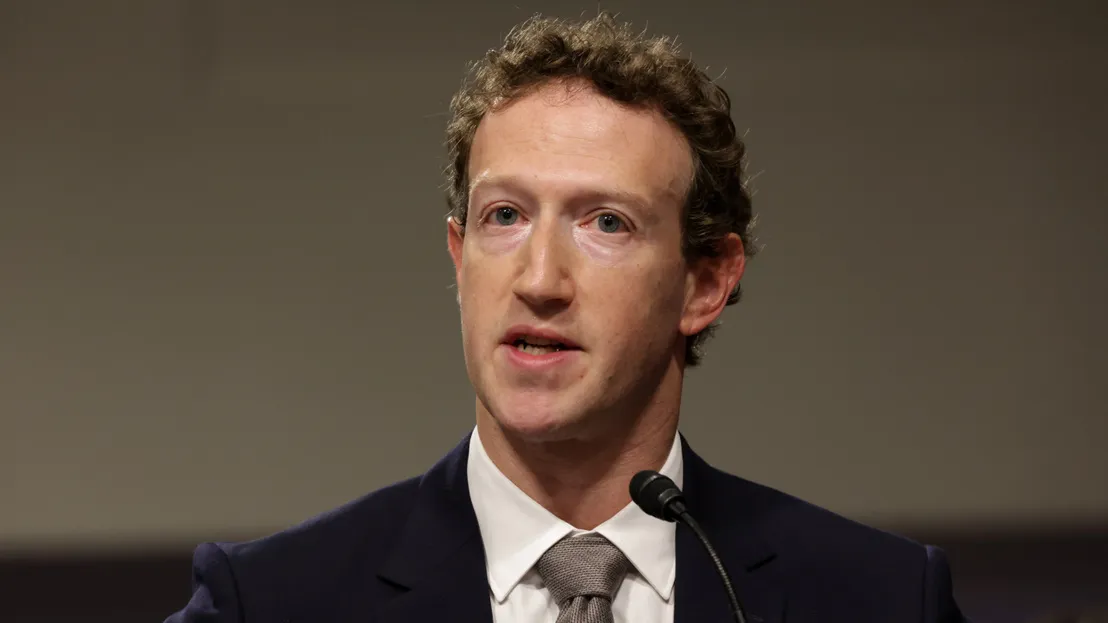
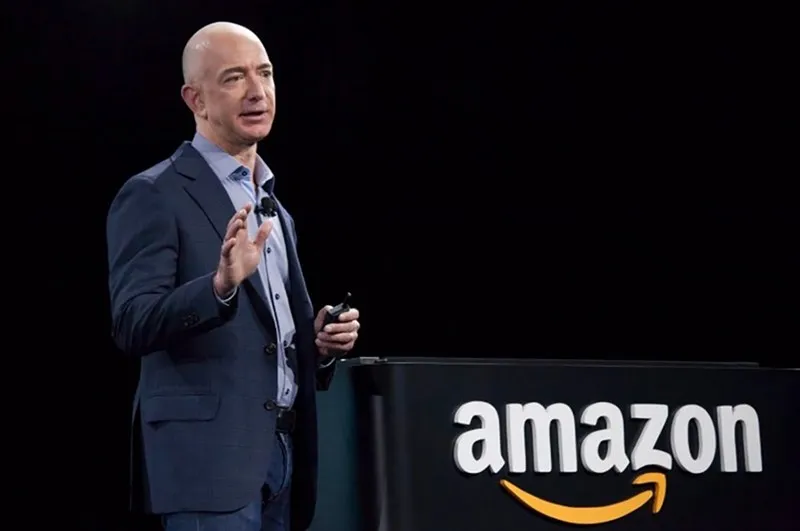
Viral Question: How Much Would You Get if Jeff Bezos Gave Away His Amazon Stake?
The Internet Obsession With Billionaire Math
It started as a playful question on social media, but it quickly spread like wildfire: “How much would you get if Jeff Bezos gave away his Amazon stake?” TikTok creators joked about it, Twitter threads analyzed it, and Reddit mathematicians broke it down to the last cent. At first glance, it sounds like the kind of fantasy that could change lives. After all, Jeff Bezos, the founder of Amazon, has been one of the wealthiest people alive for years, with his net worth often hovering around $190 billion.
But when the math was revealed, the result stunned the internet. Far from millions or even thousands per person, the number was surprisingly modest. The answer showed us something bigger than the payout itself — it revealed how wealth works, how people perceive billionaires, and why society can’t stop imagining what it would be like if fortunes were shared.
Breaking Down Bezos’ Amazon Stake
To understand the viral question, we first need to look at Bezos’ Amazon holdings. After stepping down as CEO in 2021, he still kept around 10% of Amazon shares. Depending on stock market fluctuations, that stake is often valued at $140 billion or more.
Now imagine this: if he were to sell every share and liquidate his stake completely, the cash pile would be enormous. But dividing that wealth among the 8 billion people living on Earth leads to a very different picture than many expect.
-
Total value of Amazon stake: $140,000,000,000
-
Global population: 8,000,000,000
-
Distribution per person: $17.50
The math doesn’t lie. If Jeff Bezos gave away his Amazon fortune evenly, you wouldn’t be buying a mansion or quitting your job. You’d be getting the equivalent of a pizza night with friends.
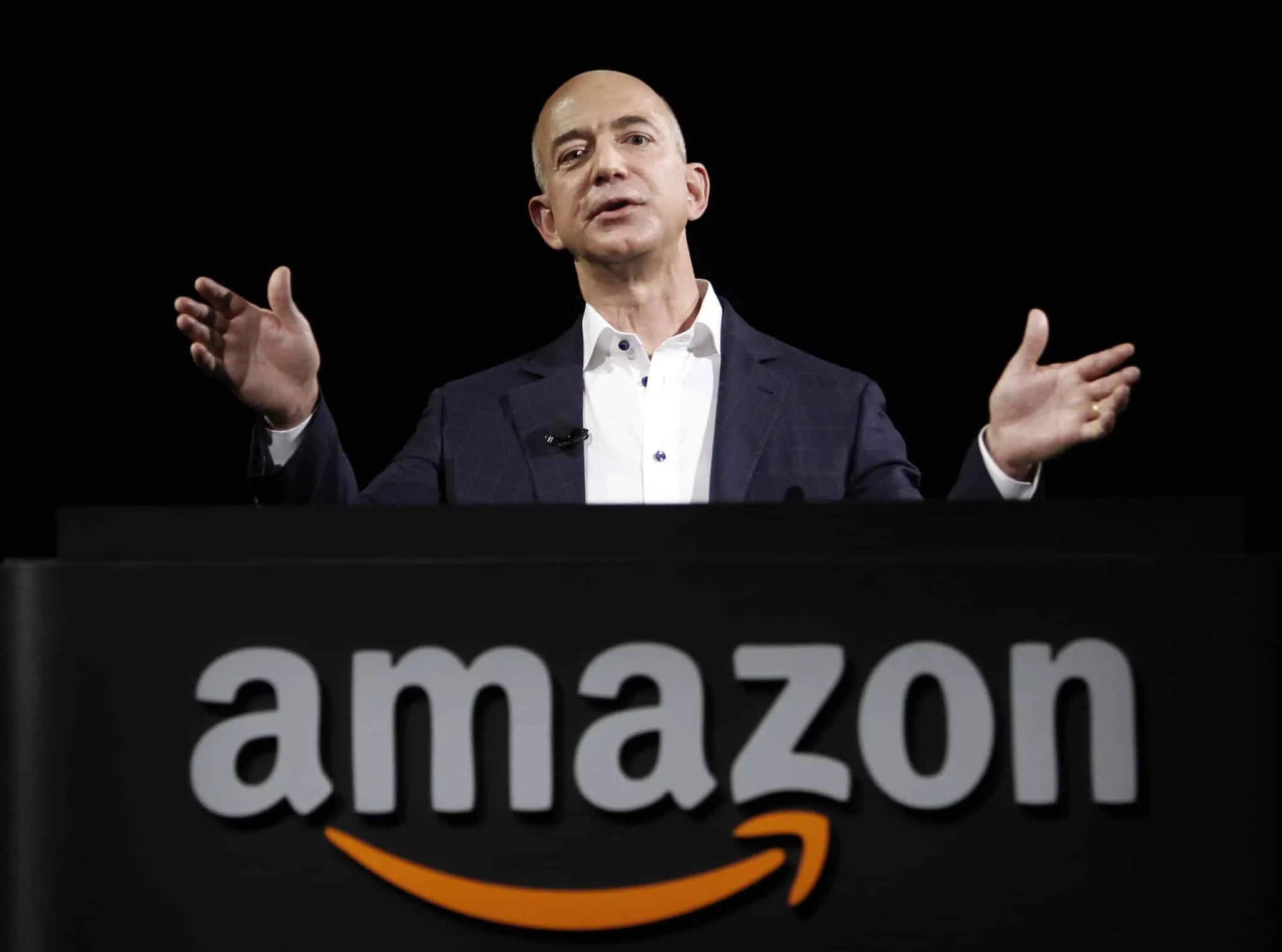
Why the Result Shocked People
The reason the question went viral is because most people think of billions and trillions in exaggerated ways. Social media tends to frame billionaires as if they could personally fund every dream on Earth, from paying off student loans to ending poverty with one check.
But the $17.50 result highlighted a key point: even though Bezos’ wealth is enormous, the world population is even more massive. When something is divided eight billion ways, even astronomical numbers shrink fast.
TikTok videos showed people “spending their Bezos money” on coffee, a bus ticket, or half a tank of gas. Twitter filled with sarcastic comments like, “Guess I’ll finally buy that movie popcorn with my Bezos check.” It turned into a viral meme, but underneath the humor was a real conversation about inequality.
Wealth Inequality in Perspective
So what does this viral math teach us? On its surface, the exercise seems silly. But it reveals a deeper truth: the world’s wealth is concentrated in very few hands. According to Oxfam reports, the richest 1% of the population owns more wealth than the bottom 50% combined. That imbalance creates both fascination and frustration.
Even though $17.50 per person doesn’t seem like much, the fact that one man controls enough money to make such a global payout is staggering. It’s this paradox that fuels endless debates about whether billionaires should be taxed more heavily, whether they should pledge more of their fortunes to philanthropy, or whether systems should be redesigned to reduce the gap between rich and poor.
What $140 Billion Could Actually Do
While $17.50 might not transform individual lives, $140 billion directed strategically could change the world in ways that matter. Economists and development experts often imagine scenarios like these:
-
Ending world hunger: UN estimates suggest that $40 billion per year could end hunger worldwide. Bezos’ Amazon stake could fund this for three years.
-
Climate change initiatives: Large-scale renewable energy projects, reforestation programs, and carbon capture technologies could be accelerated dramatically with this kind of investment.
-
Universal healthcare interventions: Vaccination campaigns, malaria prevention, and clean water access could be expanded across developing nations.
-
Education: Building schools, training teachers, and providing digital access in underserved regions could create generational change.
So while you might only get $17.50 personally, the way the money could be deployed collectively paints a very different story.
Bezos and Philanthropy
To be fair, Bezos hasn’t ignored philanthropy. In 2020, he announced the Bezos Earth Fund, pledging $10 billion to fight climate change. He has supported housing programs, food banks, and education initiatives.
Still, compared to his vast net worth, many critics argue that these efforts are only a fraction of what he could contribute. They point out that Bezos’ space company, Blue Origin, receives billions in investment while pressing humanitarian needs remain underfunded. The viral math only amplifies these criticisms by making the scale of his wealth easier to visualize.
Why People Love “Billionaire Math”
This isn’t the first time the internet has obsessed over redistributing billionaire fortunes. In the past, questions like “What if Elon Musk shared his money with everyone?” or “What if Bill Gates ended poverty tomorrow?” have gone viral.
People love these hypotheticals for two reasons:
-
They simplify huge numbers into everyday life. Instead of abstract billions, you get a relatable amount like $17.50.
-
They spark conversation about fairness. Even if the actual math doesn’t solve inequality, it makes people think about the systems that allow billionaires to exist in the first place.
Pop culture plays a role too. Billionaires like Bezos, Musk, and Zuckerberg aren’t just business leaders anymore — they’re celebrities whose wealth inspires both admiration and frustration. The “Bezos payout” question feeds into that cultural fascination.
Expert Opinions on Redistribution
Economists argue that direct redistribution — like literally handing everyone $17.50 — isn’t an effective strategy. But they also acknowledge that restructuring taxation, investing in public goods, and incentivizing philanthropy could have a far bigger impact.
For example:
-
Progressive taxation could ensure that fortunes contribute more to national budgets.
-
Global wealth taxes, though controversial, could target cross-border billionaire assets.
-
Philanthropy, when done transparently, could tackle urgent global issues.
The viral question serves as a reminder that numbers can be powerful teaching tools. Even a meme can push people to ask: How should extreme wealth be used?
Public Reactions Around the World
The responses to the viral question varied depending on where people live. In wealthy countries, many joked about spending the money on luxury coffees or fast food. In developing nations, however, people noted that $17.50 could cover a week’s worth of meals, school supplies, or vital medicine.
This contrast revealed another layer: while $17.50 might be pocket change for some, it could be life-changing for others. That dual reality is part of why the question resonated so deeply.
Bezos, Amazon, and the Symbol of Modern Capitalism
Beyond the math, the reason Bezos was the subject of this viral question is clear. Amazon has become one of the most powerful corporations on Earth, reshaping shopping, technology, and even entertainment. Bezos’ fortune is tied directly to the company’s dominance, making him a symbol of modern capitalism — both its possibilities and its flaws.
When people imagine redistributing his wealth, they’re really asking bigger questions about the economy:
-
Is it fair for one company to generate so much wealth for one person?
-
Should corporate profits be shared more broadly with workers?
-
What does it mean when fortunes are measured in hundreds of billions while millions struggle to survive?
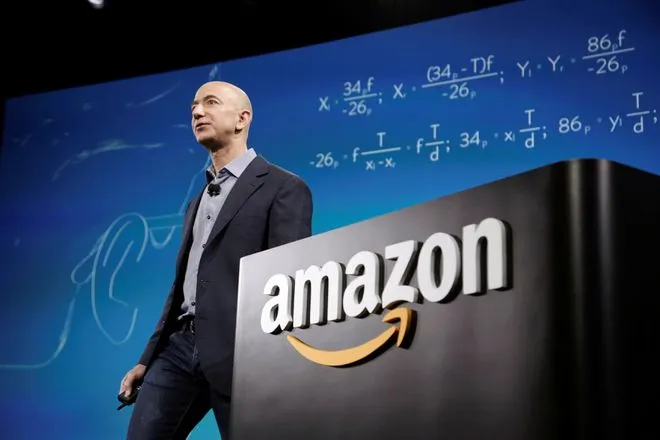
The Lesson Behind the Meme
At the end of the day, you won’t be receiving $17.50 from Jeff Bezos anytime soon. The question was never meant to be literal. Instead, it’s a thought experiment that forces us to see just how concentrated wealth has become, and how differently it could be used.
It shows us the scale of inequality in simple, relatable terms. It challenges the way we think about billionaires and their role in society. And it proves once again that sometimes, a viral internet joke can open the door to serious conversations about economics, fairness, and the future.
Conclusion
So, how much would you get if Jeff Bezos gave away his Amazon stake? The math says about $17.50. That’s not a life-changing payout, but it is a conversation starter about what extreme wealth means in today’s world.
The viral question blends humor with seriousness, giving people a way to understand numbers that often feel too big to grasp. It doesn’t solve inequality, but it makes people talk about it. And maybe that’s the real value of the Bezos math meme — not the money itself, but the awareness it creates.








